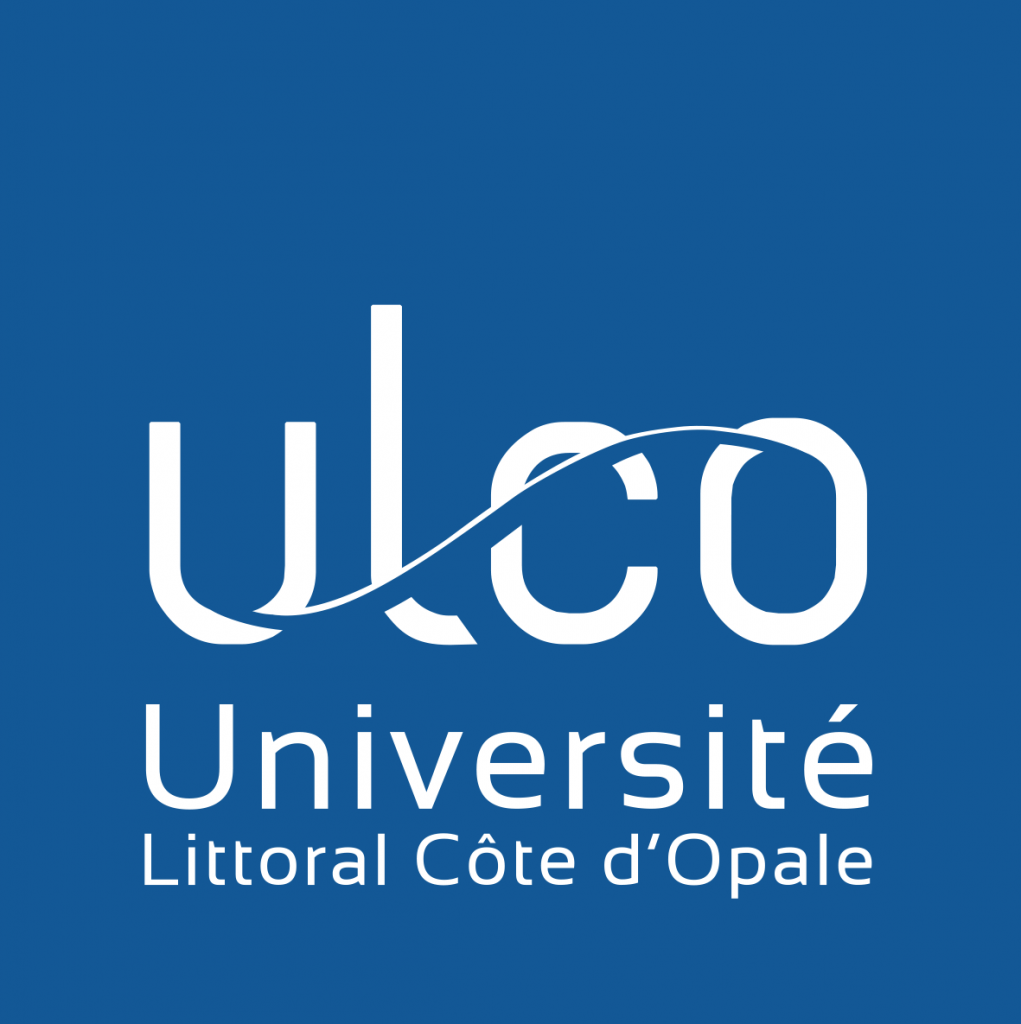
Analyse Numérique (ULCO, Fall 2022)
A computer simulation of carbon dioxide movement in the atmosphere. NASA
As indicated in a note by Lloyd N Trefethen�, and contrary to popular belief (according to which the field is often primarily characterized by the study of rounding errors) Numerical analysis should be understood as the study of algorithms for the problems of continuous mathematics (with an emphasis, according to the author, on the word “algorithms”). As general real numbers cannot be exactly represented on computers, the former definition naturally implies that part of the job will then consists in approximating those numbers. Although for some algorithms, such as Gaussian elimination (on which interesting notes can be found here, here and here), the propagation of rounding errors constitutes most of the story,
See here for a list of of 13 (recommended) classical papers in applied mathematics by the same author
In this course, we will discuss direct (including Gaussian elimination) and iterative (including Jacobi and Gauss-Seidel) methods for the solution of linear systems. We will also cover methods used for the solution of non linear systems (including Newton’s method).
We will introduce the classical theory of polynomial interpolation (including the numerical computation of interpolation polynomials as well as the analysis of the resulting approximation error). We will study interpolation by splines. We will tackle the numerical evaluation of integrals by means of quadrature formulas
Finally we will explore the numerical solution of both Initial value (including Euler’s method) and Boundary value (including the Finite Difference Method) problems
The assignments will include (but not be limited to) paper readings, pen and paper exercises as well as numerical simulations (Julia or Python).
The class will follow the structure
1. Lectures (=CM) (introduction of the new material that will be needed during the lab sessions and for the assignements)
2. Programming (lab) sessions (=TD, TP), (you have the opportunity to apply what you have learned during the lecture, and you can ask all the questions you want to make sure you understand everything before the assignement)
3. Assignments (=DM) (You are given a new problem and you are evaluated on your ability to use the course material to solve this new problem)
Horaire et Salle de cours
Cours et TD/TPs: Mardis: 8h00pm – 10h00, 10h15 – 12h15, 13h15-15h15, 15h30 – 17h30 ,
Salle 21A, Bâtiment Angelier, 34 Grande Rue
(voir horaire détaillé ci-dessous)
Assignments policy
Except if explicitly stated otherwise, assignments are due at the beginning of each class.
Current (temporary) version of the notes: see below as well as the list of sections for the Final
Practice (theory) Questions for each exam can be found by clicking on those exams below
Exams:
Enter password:
Partiel
Enter password:
Examen
Partiel : (Matière)) Assignments : 30 % of the grade (Tentative schedule below) The Github page for the class will be hosted at https://github.com/acosse/NumericalAnalysisCalaisFall2022 and will essentially be used to post numerical verifications for the recitations. Tentative schedule: Legend: Lab sessions are in green, Homeworks are in red (right side of the table), dates related to the project are in orange. Additional ressources (Projects)
Week #
date
Topic
Assignements
Semaine 1
CM/CM20/09
8h00-10h00
10h15-12h15
General Introduction
Solutions of systems of linear equations (Part I)
Direct + Iterative Methods
Lecture 1, Recitation 01, Solutions,
(HandWritten) Solutions
Note sur l’application des mathématiques au Sciences du vivant
Semaine 2
CM/TD27/09
8h00-10h00
10h15-12h15 Direct + Iterative Methods for Linear Systems (Part II)
Iterative Methods for Non Linear Systems
Assignment 1
Semaine 3
CM/TD 04/10
8h00-10h00
10/15-12h15
Polynomial interpolation + approximation (Part I)
Lecture ,
Recitation 02,
TD 01
Readings
Semaine 4
CM/TD11/10
13h15-15h15
15h30-17h30Polynomial interpolation + approximation (Part II)
Lecture , Recitation 03,
(Partial) Solutions recitation
Readings
Assign. 2, Assig. 1 due
Semaine 5
CM/TD18/10
13h15-15h15
15h30-17h30Laplace Transform
Lecture, Recitation 04
Readings
Semaine 6
CM/TD25/10
8h00-10h00
10h15-12h15 Fourier transform
Lecture,
Recitation 05,
Solution
Assign. 2 due,
Project choice
MidTerm Revisions
Semaine 7
CM/TD08/11
13h15-15h15
15h30-17h30
Integration (Part I)
Lecture ,
Recitation 06
Readings
Semaine 8
CM/TD/TD15/11
8h00-10h00
10h15-12h15
13h15-15h15
Initial Value problems (Part II)
Lecture ,
Recitation
Readings
Semaine 9
CM/TD
22/11
8h00-10h00
10h15-12h15
Boundary value problems + revisions + project presentations
Readings
Semaine 10
Examen30/01
10/15-12h15
Additional ressources (beyond course material)
Lab Sessions and programming policy
The lab sessions will require you to do some programming. It is strongly recommended to use python as it is more flexible and will be useful to you when moving to pytorch later on for more advanced machine learning methods requiring GPU processing.
Downloading and getting started with Julia.